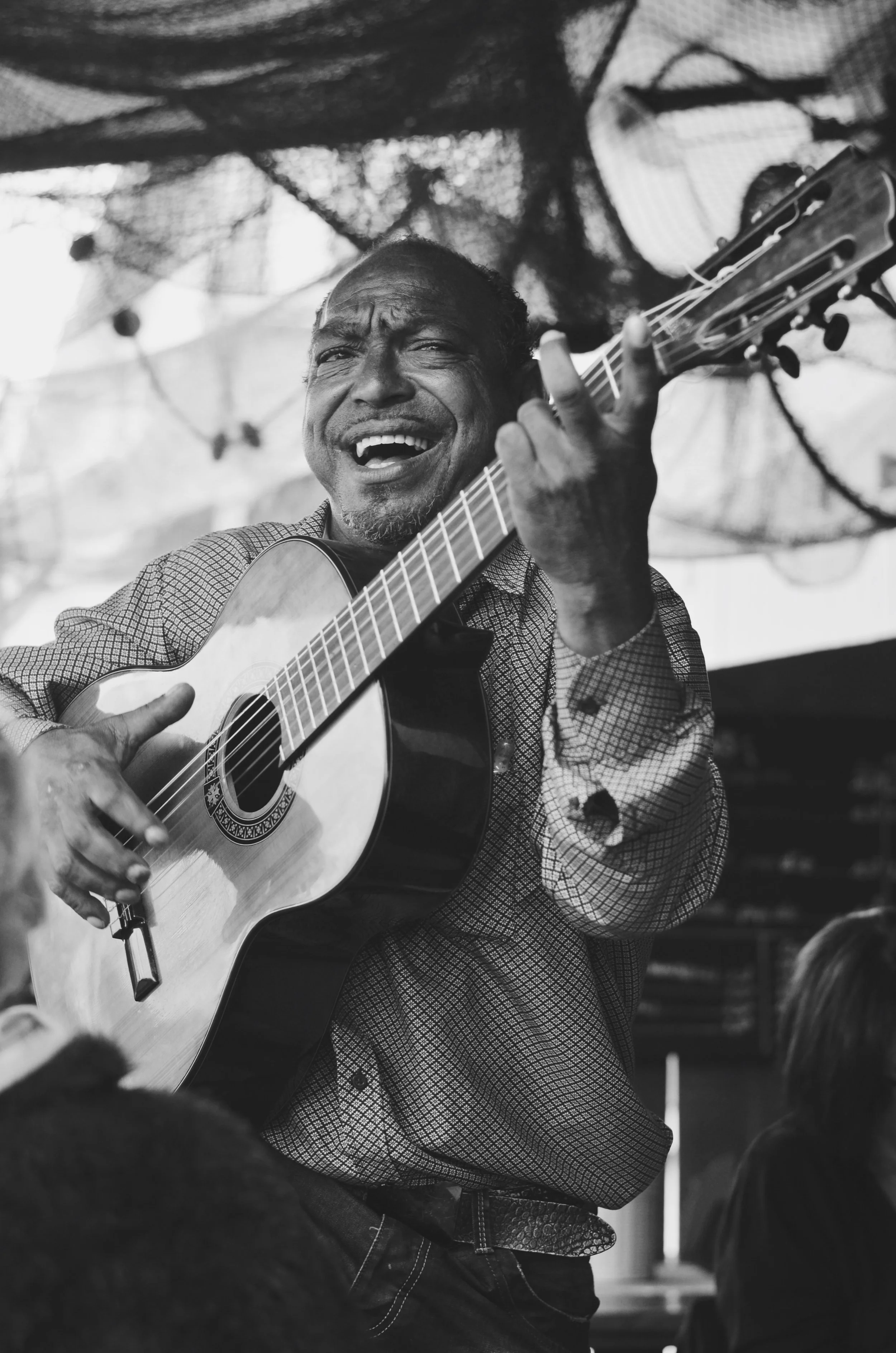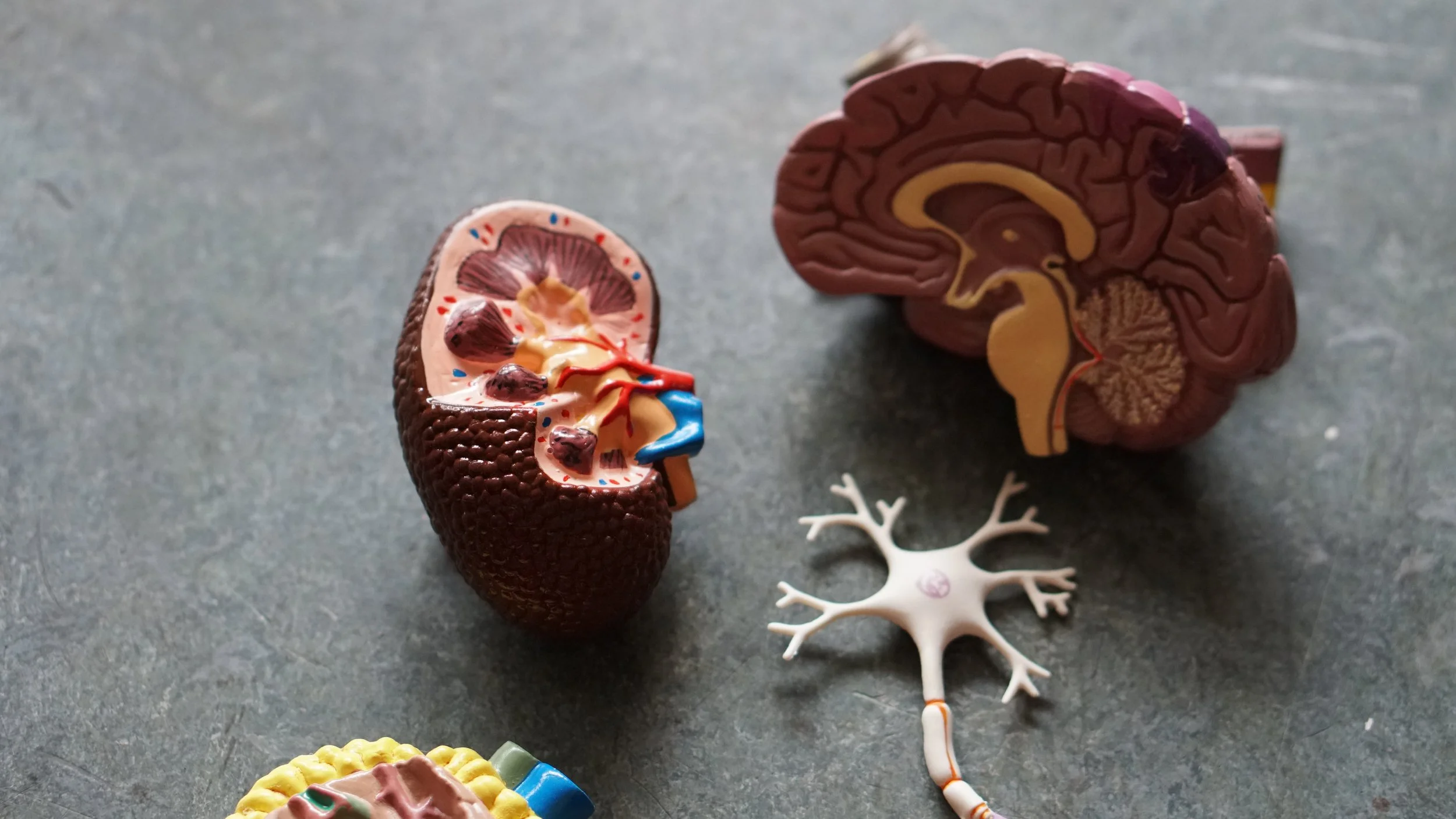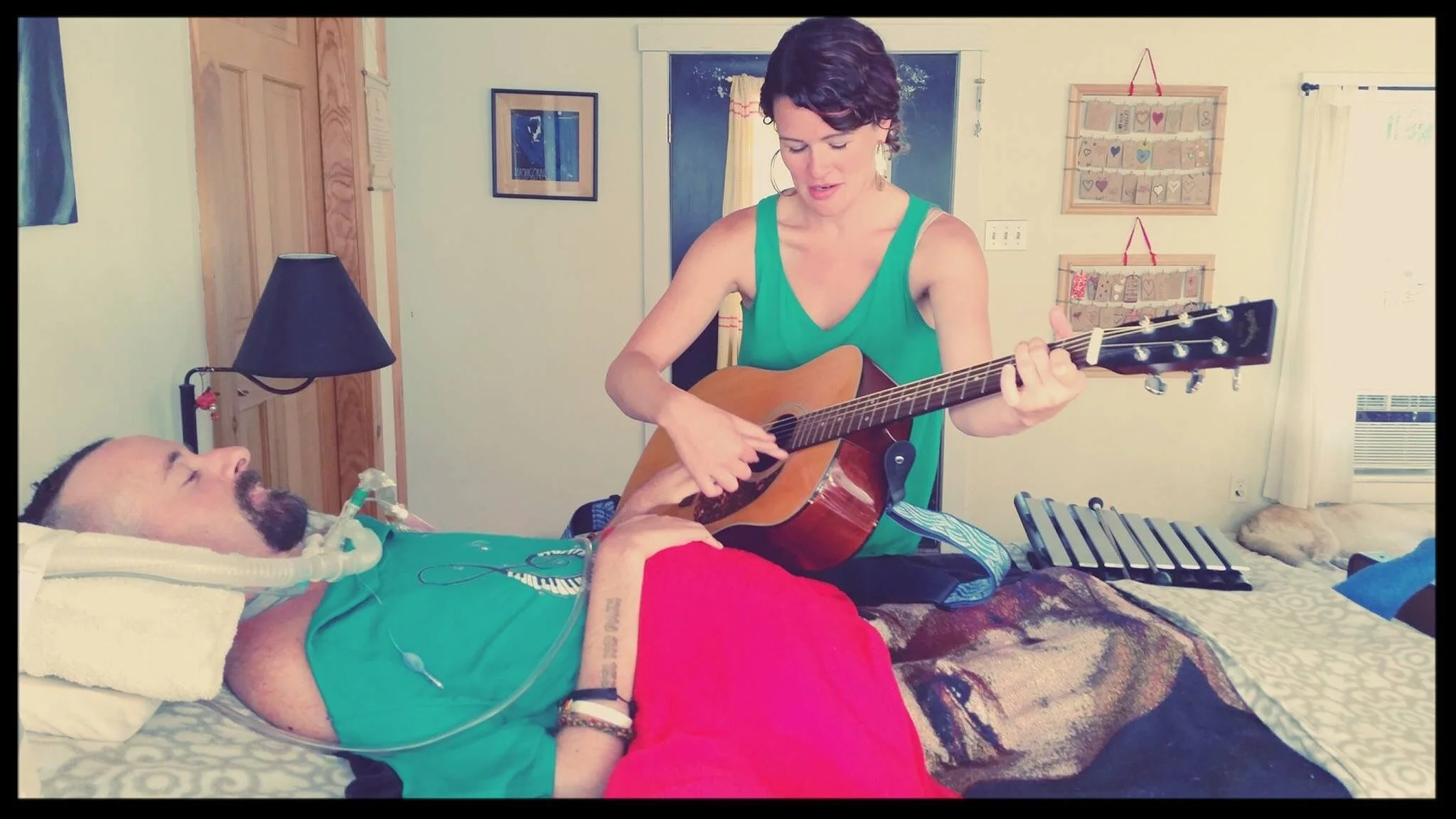We help patients process the memories and emotions that are evoked when engaging in music, and then explore their reactions to these through verbal discussion. We can then work through music improvisation, lyric writing, or singing to make changes to our reactions in order to re-process difficult situations.
Music therapy can be an excellent modality to explore feelings and situations that are difficult to convey in words. There is no pressure to come into the therapy room and sing or play an instrument, the sessions often look like traditional therapy- with the added sensory experience of sound and the extra tool of learning to use music for self-care.
Read More











